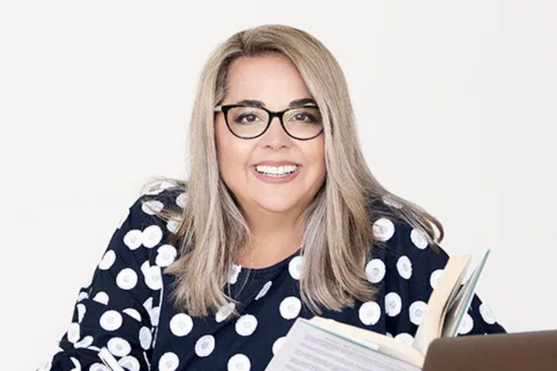
New research on what drives Australian women’s giving points to opportunities for many smaller charities and organisations to benefit from establishing a strong connection with potential female donors.
Philanthropy and fundraising strategist Kimberly Downes’ research study found that Australian women want to have a relationship with the organisation they are supporting. That translates into the organisation spending time talking and listening with women who are interested in their work.
“Generally, it takes longer to get a gift from a woman,’’ Kim explains, “because they’ll want to ask questions.’’
“We need to ensure organisations are including women in the engagement phase of the giving discussions,’’ Kim says. “Organisations need to have a conversation with women and listen to what they’re saying.’’
While organisations cannot change their mission, there may be scope for them to explain in more detail to women donors how they are making a difference through particular programs or initiatives. And impact and transparency have emerged as important considerations for Australian women donors.
The research study states: “Australian women are concerned about organisational waste and the true impact of their philanthropic donations. This will challenge organisations in the future to be more transparent and to listen to the societal changes women want to see and how they feel they should be solved.’’
Kim believes these considerations provide an opportunity for some organisations to initiate and develop conversations with female funders.
“Women are leaning toward small organisations because they know the money is not going to be wasted and that it’s potentially going to have greater impact. There’s a great opportunity here,’’ Kim says.
But the study suggests the opportunity will come with a trade-off – organisations will have to change to reflect women’s approach and demand for impact.
“Organisations will need to adapt their best practice to take into account women’s attitudes and motivations towards giving for they will not give in future based on an organisation’s size or positive reputation,’’ the research observes. “The study shows they want to see direct impact.’’
The study, which is built on a mix of survey, focus groups and one-on-one interviews with female philanthropists, sprang from a similar survey in the US. And a comparison of the surveys reveals a significant difference between US women and Australian women when it comes to recognition for their philanthropy.
“Australian women are just as generous as women in the US, but what Australian women don’t want to be called is “philanthropist’’,’’ Kim explains. “Philanthropy in the US is more overt than it is here…In Australia, people are “philanthropic’’ in the big sense of the word: they’re not seeking recognition. For many women, it’s really about: “It’s just what we do.’’’
The research found that Australian women are the key drivers of philanthropy in their household and children and education are key areas of interest.
One of the recurring phrases in the research was women’s explanation for their activity as “we’re giving back’’ – and that can be either donating money or time. The research also identified how important family and community are to Australian women’s philanthropy, both in terms of the focus of their giving and how they structure their philanthropy.
The research found:
- 75% of women who participated in the survey want to understand the needs of the community and then do something about it.
- 60% of women surveyed were introduced to philanthropy by their family; 25% by volunteering and 1% by giving circles.
- 77% of women surveyed indicated that they model or guide their families philanthropic giving.
The study’s foreword is written by former Philanthropy Australia CEO and current Alannah and Madeline Foundation CEO Sarah Davies AM, who said Australian women donors wanted to be listened to: they didn’t want recognition, but they did want results.
“[This research is] an opportunity to reflect on how we give and to keep working to improve our impact and contribution. It’s also about welcoming and encouraging other women to be confident to give and to join us,’’ Sarah wrote.
“Charities and not-for-profits who need women’s support. The better we understand the needs and motivations of our donors and supporters, the more engaging, fulfilling and enduring our relationships will be. And that will lead to increased positive change and impact.’’
The final research report will be formally released later next month in association with JB Were.